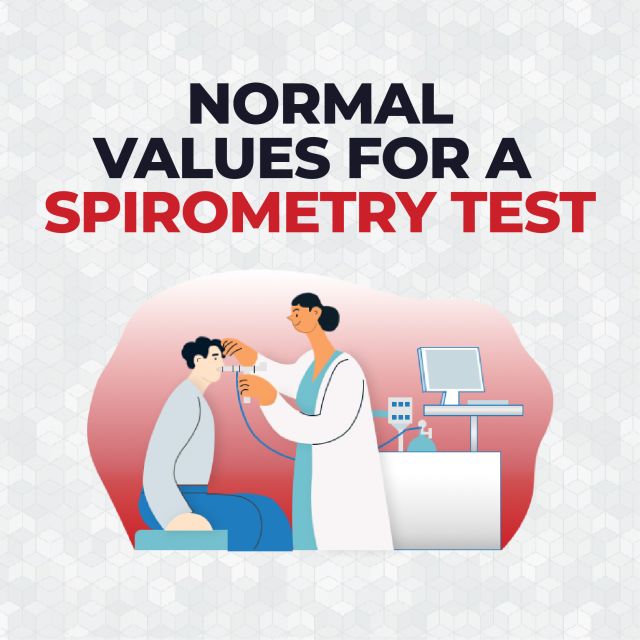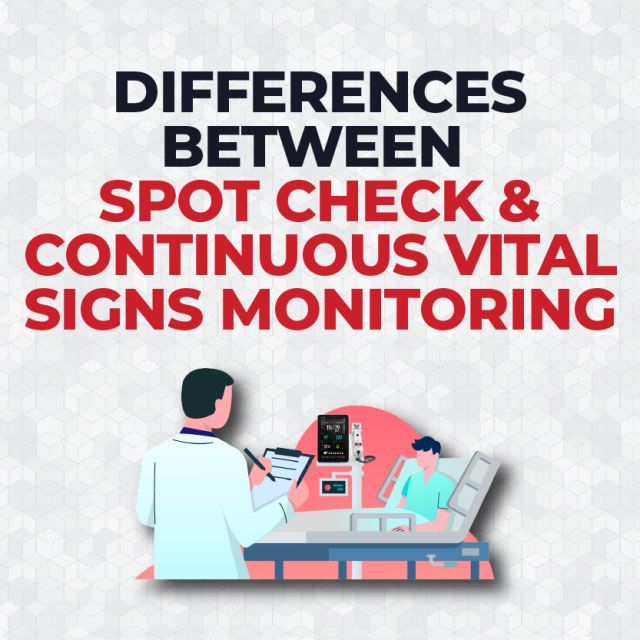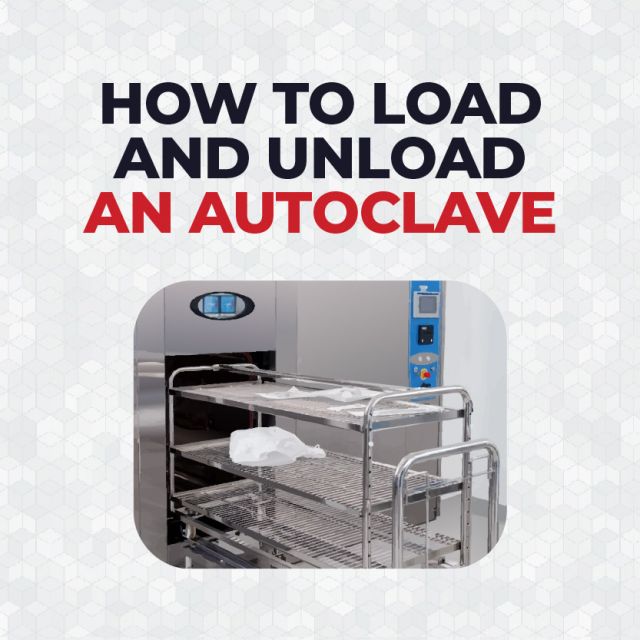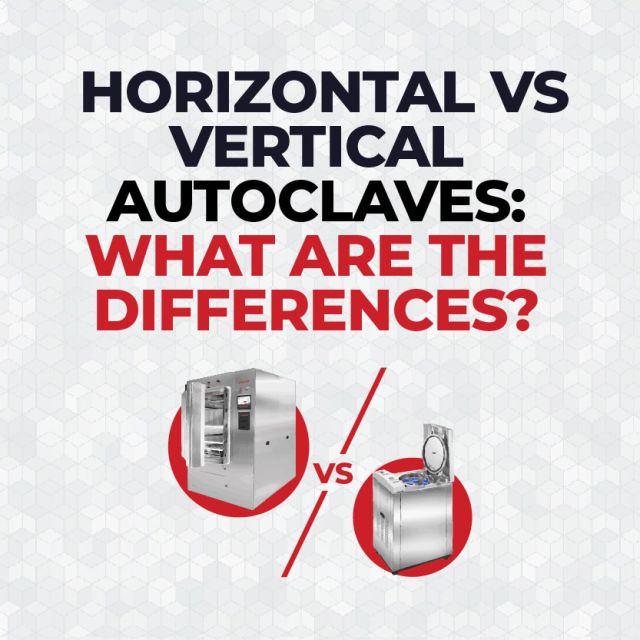Respiratory Care Week: Ventilators during the COVID-19 Pandemic
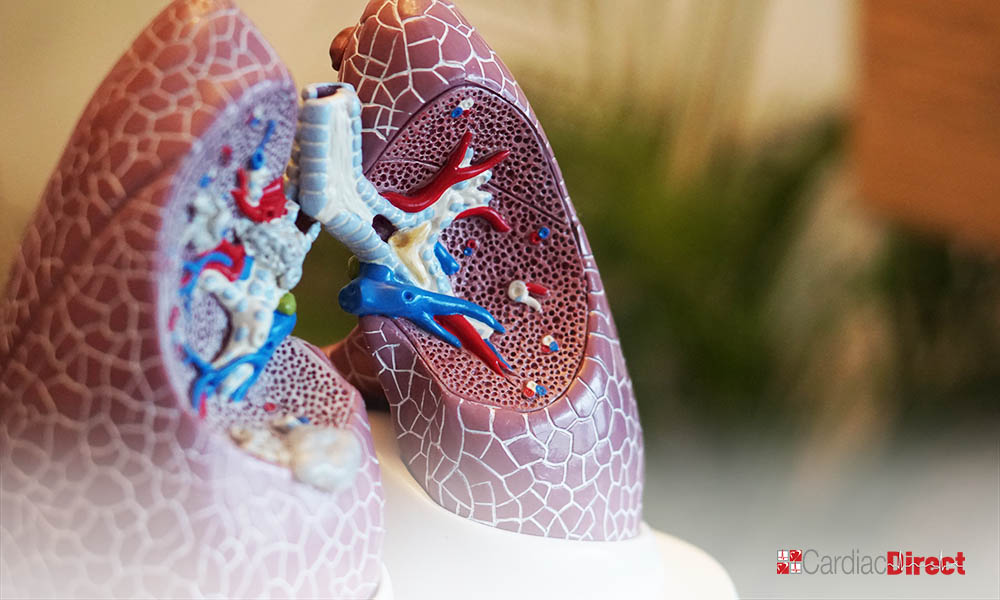
What is Respiratory Care Week?
Respiratory Care Week is a full week that is set aside each year in order to appreciate hard-working respiratory therapists around the world. Respiratory Care Week highlights the information we need to keep us breathing well so we can enjoy a great quality of life. This Respiratory Care Week we’re celebrating the use of ventilators and how they’ve helped us during the COVID-19 pandemic.

How does COVID-19 Impact the Lungs?
Those who are infected with COVID-19 usually have symptoms such as fever, cough, and sore throat. Sometimes, the body’s immune system does not successfully fight off the infection. Therefore, it can travel to the lungs and cause a potentially fatal condition called acute respiratory distress syndrome.
What is a Ventilator?
A ventilator pumps air with extra oxygen into the patient’s airways when they are unable to breathe on their own. If the patient’s lung function has been severely impaired due to an illness like COVID-19, they may need the help of a ventilator. As ventilators can’t cure illnesses, they can help keep patients alive while they’re fighting an infection or when their body’s healing from an injury.
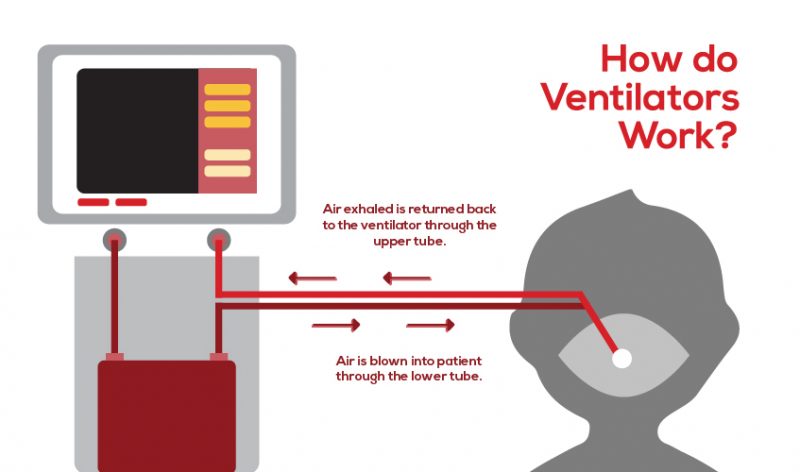
How does a Ventilator Work?
Typically, when a person is unable to breathe on their own, a ventilator will create a force, pressing air into the lungs. First, place the patient in the intensive care unit or ICU for general anesthesia. Next, the doctor will perform intubation by inserting a tube into the mouth or nose. Depending on the condition of the patient, the machine will either do all of the breathing or only some of it. Lastly, when the patient is on the ventilator, the doctor will closely monitor the patient’s heart and respiratory rates, blood pressure, and oxygen saturation.
The importance of Ventilators during COVID-19
Ventilators play an important role in reducing the mortality rate of COVID-19. When a COVID-19 patient becomes critically ill and the severity of their condition reaches a 7 or 8, a ventilator will often be used. When treating critically ill or severely ill patients, it’s important to understand that not every patient needs a ventilator. Some patients need to inhale oxygen and instead can use an oxygenator. For other patients who need manual and mechanical support to complete the breathing cycle, a ventilator can be life-saving.
For respiratory care week, take the time to educate yourself on how to best avoid lung diseases and put the health of your lungs and body first.
Works Cited:
MacMillan, Carrie. “Ventilators and COVID-19: What You Need to Know.” Yale Medicine, 2 June 2020, www.yalemedicine.org/stories/ventilators-covid-19/.
Respiratory Therapy Zone. “What Is Respiratory Care Week? (2020 Ultimate Guide).” Respiratory Therapy Zone, 30 July 2020, www.respiratorytherapyzone.com/respiratory-care-week-guide/.
Whooley, Sean. “How Are Alternative Ventilators Helping during the COVID-19 Pandemic?” MassDevice, 23 Apr. 2020, www.massdevice.com/how-are-alternative-ventilators-helping-during-the-covid-19-pandemic/.
“Why Are Ventilators so Important amid the COVID-19 Pandemic?” 404, 2020, news.cgtn.com/news/2020-04-22/Why-are-ventilators-so-important-amid-the-COVID-19-pandemic–PSiPiFPhmM/index.html.


